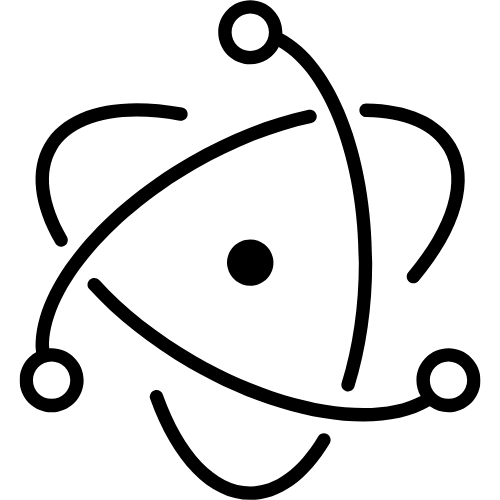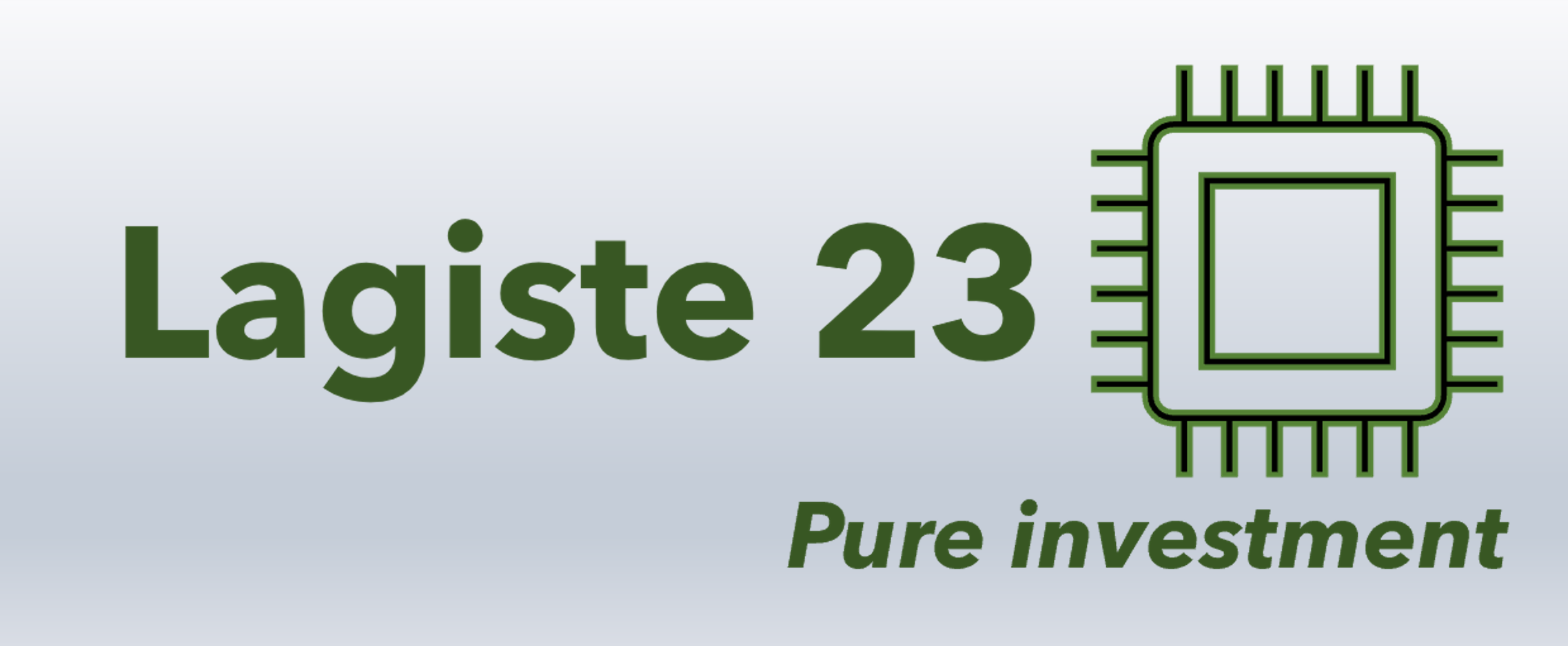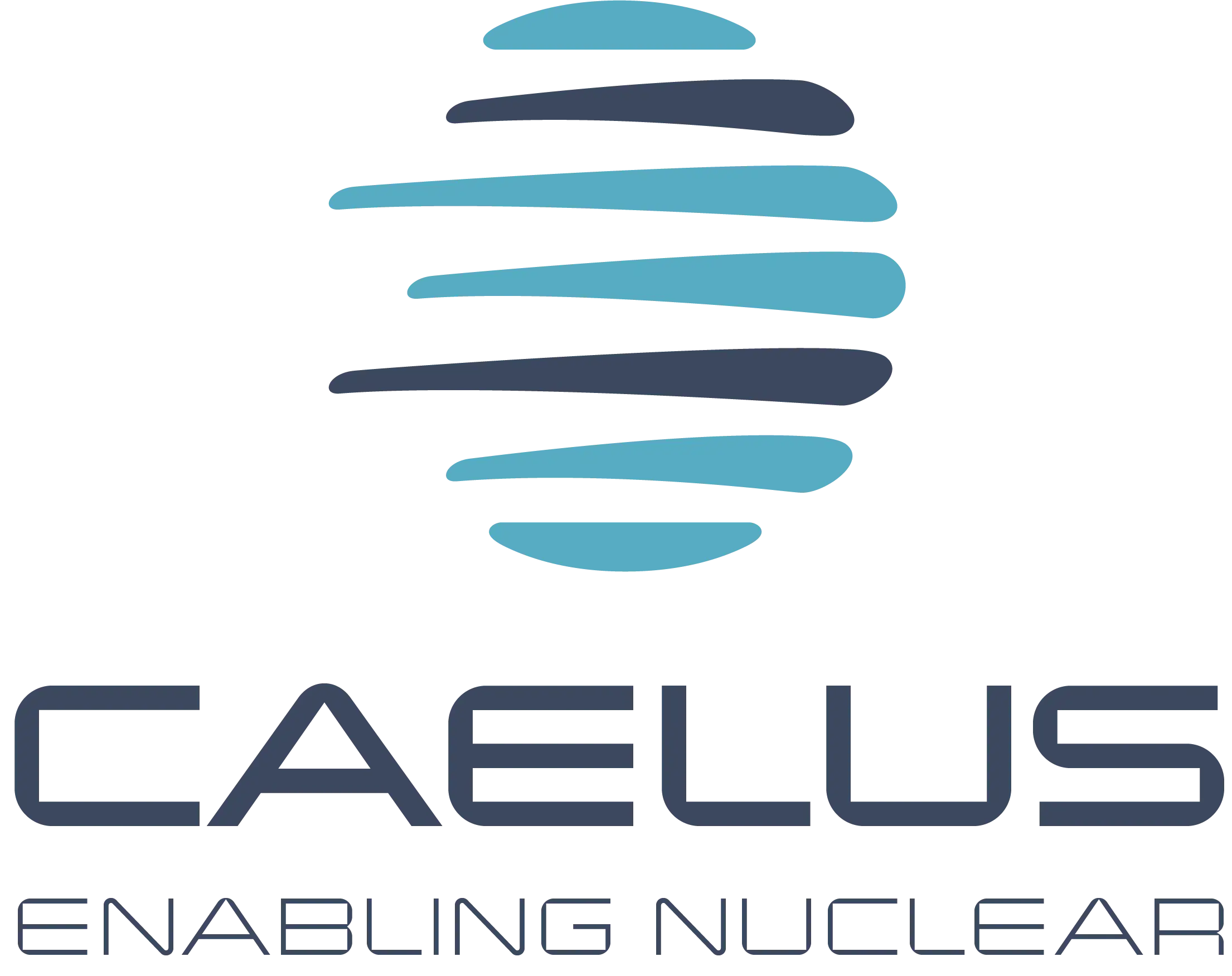This blog is the offspring of an intellectual challenge I have started to existentially live about 18 months ago: the convergence of Artificial Intelligence in all its forms with the nuclear industry in all its manifestations.
At first it seemed business as usual: AI is a disruptive technology which increases productivity, and nuclear could benefit from its use just like any other industry. And because AI datacenter can be as power-hungry as the steel industry, benefits could easily be seen as going in both directions.
But as I went into more details a larger picture started to appear:
To begin with, both AI and nuclear are in the truest sense of the word “epochal”, in the sense that they both impact society, economy and in definitive our lives in very pervasive and long-lasting ways. Today everybody talks about Artificial Intelligence, scientists, philosophers and even the Church are all engaged in discussing the “ethical” issues surrounding AI; but it is important to remember that nuclear technology also has arisen a similar debate, to the point that most of Martin Heidegger’s (the eminent German philosopher) reflections on the dominance of technology were inspired by what he called the “era of the atom” (der Atomzeitalter). Humanity in both cases finds itself facing a technological “unknown” which even experts cannot fully grasp, and that leave others wander about the forces that they can unleash.
And this is true even considering that the fields of operations of AI and nuclear are very different: nuclear is a “hard” science, it deals with theoretical physics of course but in the end it comes down to very physical phenomena. AI on the contrary is a digital discipline, it joggles with mathematical concepts, and it operates in the realm of virtuality.
Artificial Intelligence is permeated by the Silicon Valley “try first fix later” approach; the benefits of this approach can be objected to, but they are very real and certainly make up a large part of the undeniable successes we have seen in the last years.
Nuclear on the other side is (luckily) a very cautious and prudent industry, where each step is carefully weighed, each component is checked seven times seven; quality and safety are primordial concerns for nuclear operators, and no compromise is possible without 100% certainty of the results. This has severe impacts on the nuclear supply-chain, on the way nuclear companies operate, and especially on how they integrate innovation into their processes.

So can these differences be resolved? How can innovation, specifically deep innovation like Artificial Intelligence, be put at work in the service of a better safer nuclear industry? The debate is open, and we hope to contribute with this blog and the various aspects of the question we will try to discuss in the coming months. We will address scientific, organizational, operational issues around this topics, focusing also specifically on both fusion and fission, as these two nuclear industries have in reality a very different advancement status.
Our hope is to create a forum where experts will accept to contribute with their own points of view and perspectives, united by the final goal to improve our lives through technological advancement keeping mankind “in the loop”.










